10th May 2021
A healthy future for biodesign in the low countries
The BENEFIT Fellowship is about to start. Programme coordinators Inge De Prins and Puck van de Bovenkamp: “By adopting a need-led co-creation approach, we can make a difference in healthcare innovation.” BENEFIT is one of nine EIT Health Needs-Led Innovation Fellowships.
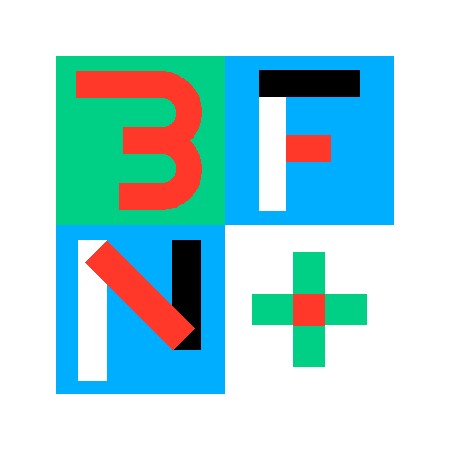
BENEFIT is a one-year programme for postgraduates with a background in business, engineering, medicine and design. The Belgian/Dutch fellowship aims at finding solutions for real needs in healthcare. “BENEFIT differs from other innovation initiatives because it adopts the Biodesign Methodology of Stanford”, says Inge De Prins. “Key in this methodology is its need-led approach. A team of four postgraduates observe for two months the daily routine in general practitioners’ offices from Erasmus MC in Rotterdam and at the Oncology Day Ward of University Hospitals Leuven. They start with an open mind and identify a broad array of needs. After establishing a ‘needs report’ with all identified challenges, they select three to four challenges for which they aim to develop concept solutions.
“BENEFIT differs from other innovation initiatives because it adopts the Biodesign Methodology of Stanford. Key in this methodology is its need-led approach.”
Inge De Prins, KU Leuven
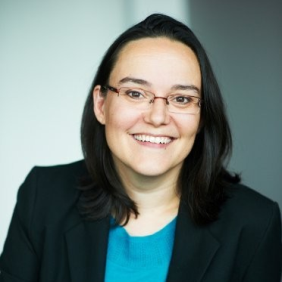
In collaboration with the host department, they will eventually select one final need for which they develop a solution, business- and implementation plan. Thanks to their multidisciplinary background, postgraduates recognise the needs to address early on. They also combine their collective know-how to develop disruptive (technological) solutions for these observed needs. This improves both the quality and the speed of the innovation process.”
Nine Needs-Led Innovation Fellowships
The BENEFIT Fellowship is part of a series of EIT Needs-Led Innovation Fellowships (NIFs). Solutions have a realistic commercial potential. In 2018 alone, spinouts by EIT Health Needs-led Innovation Fellows attracted € 32 million in investment. The programme promotes entrepreneurial ventures, social enterprises and intrapreneurial projects. Also, it educates Europe’s top talent in developing the next generation of health innovations and builds an ecosystem of academic and non-academic partners.
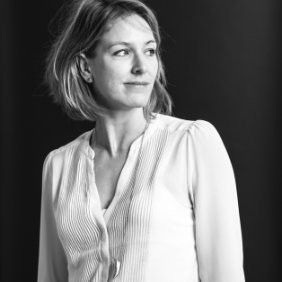
“Including BENEFIT, there are now nine NIFs in place. Other fellowships have already demonstrated that innovation based on clearly-understood clinical needs has a better chance of achieving business success and ultimately helping patients.”
Puck van de Bovenkamp, TU Delft
A few examples of outcomes from other fellowhips are ‘Albus Health’, a small non-contact table-top device that provides respiratory monitoring at home, and ‘Espace Maternité’, a social enterprise that provides a mobile gynaecological image service to pregnant women in Senegal. De Prins adds: “Other examples include ‘GE5 Risk Scale’, an algorithm-based injury risk assessment tool, and ‘Mowoot’, a belt that emulates colon-specific massage techniques to avoid chronic constipation.”
The first bilateral NIF
BENEFIT is the very first bilateral NIF. “Building on the strong regional bonds between TU Delft and Erasmus MC and our historic collaborations with KU Leuven, it is only natural to establish a joint programme in health innovation together. The bilateral approach creates new opportunities and insights for the fellows and for all the partners involved. Since BENEFIT offers a hybrid programme, neither country borders nor a pandemic creates a barrier for collaboration”, explains Puck van de Bovenkamp. Both De Prins and Van de Bovenkamp feel that they have benefited greatly from the advice of their colleagues within the EIT Health network of fellowships. De Prins: “It is partly thanks to them that we can now invite postgraduates to register for the programme. We could never have achieved this without them.” Other crucial input has come from prof. dr. ir. Maarten De Vos from KU Leuven and dr. ir. Armaĝan Albayrak from TU Delft, who lead the education programme. De Prins: “We’re very fortunate to rely on their expertise with Biodesign and complex multi-user interactions in healthcare.” The first edition of the programme will start in September and end in May 22. But it will not end there. De Prins: “We definitely intend to grow and become a permanent factor in the world of biodesign for healthcare!”
New article lays framework for DMD evaluation in EU
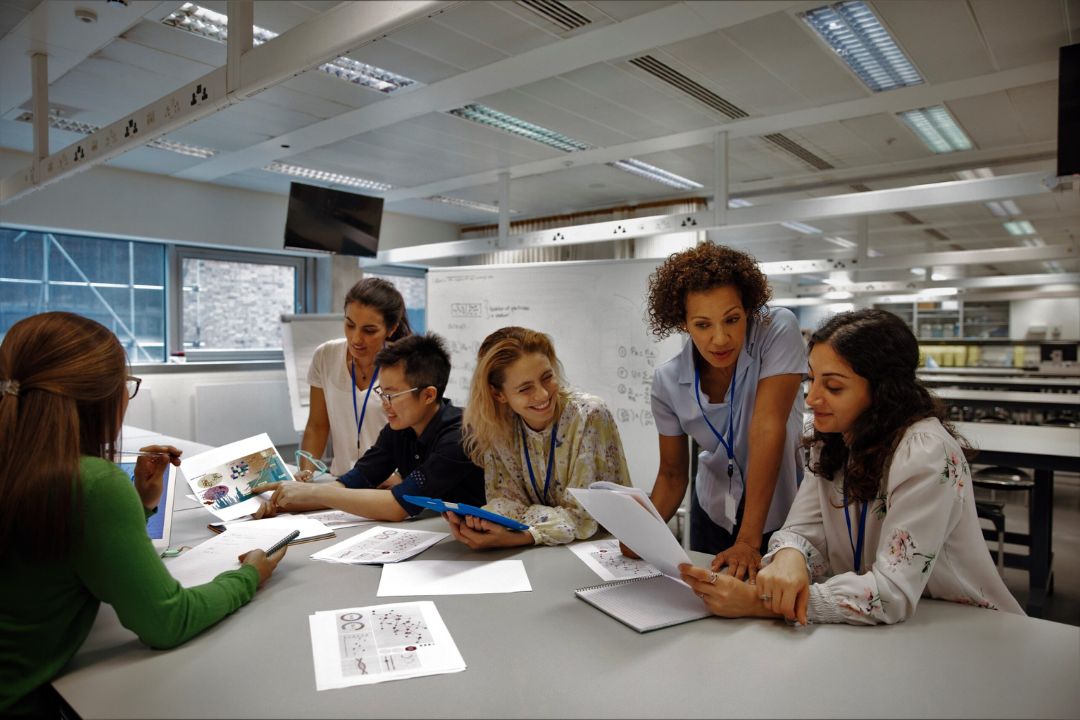
An EIT Health-led article published in Nature.
New data shows AI innovation needs skills beyond coding
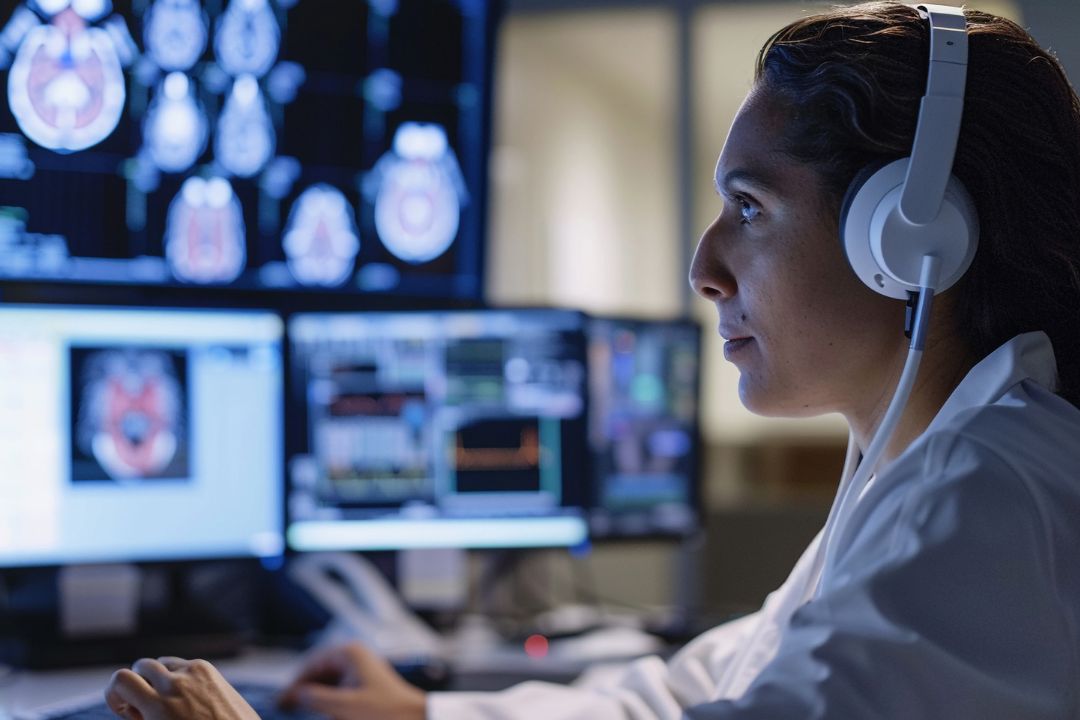
The largest live dataset of AI start-up talent analysed.
Europe's top health start-ups take centre stage: EIT Health Catapult winners are revealed at HLTH Europe

2025 Catapult programme winners announced.